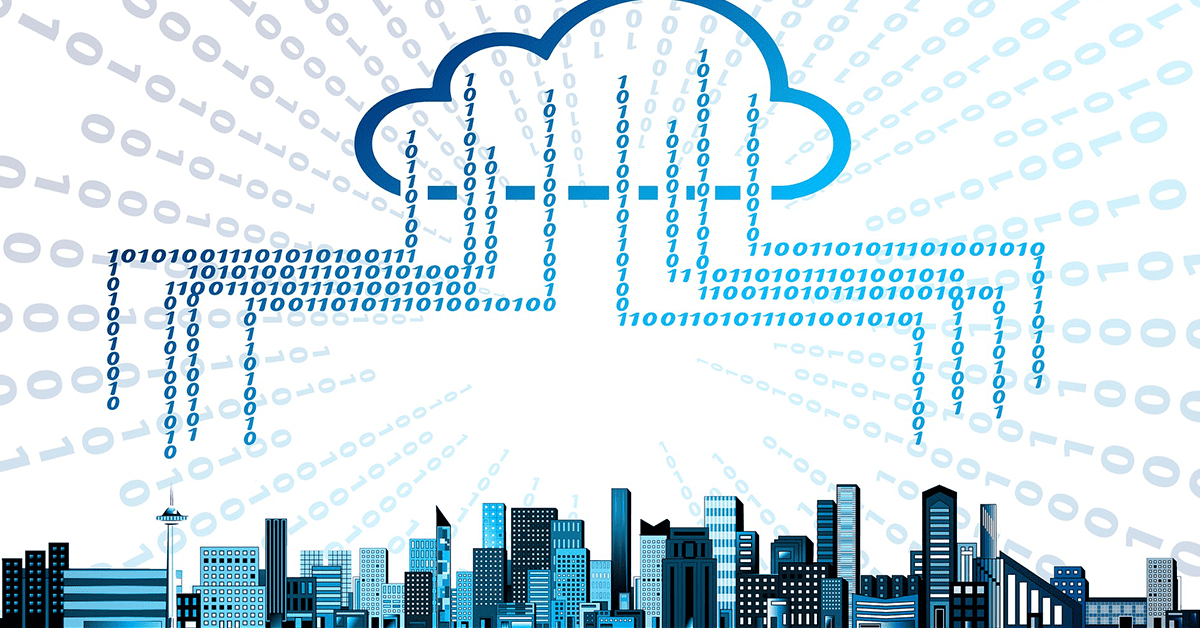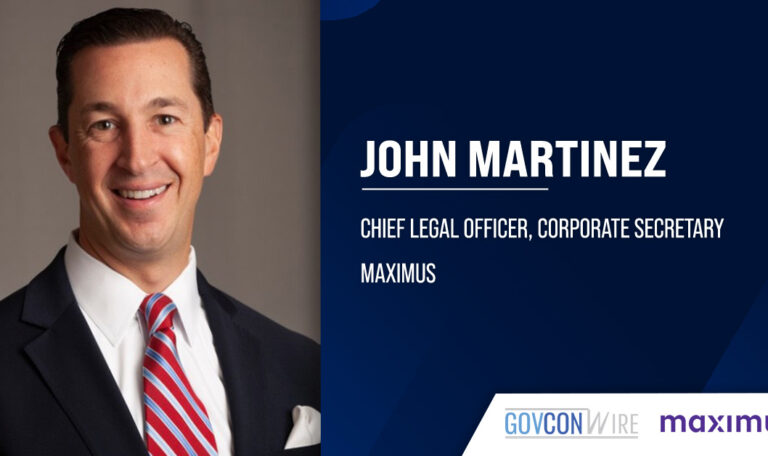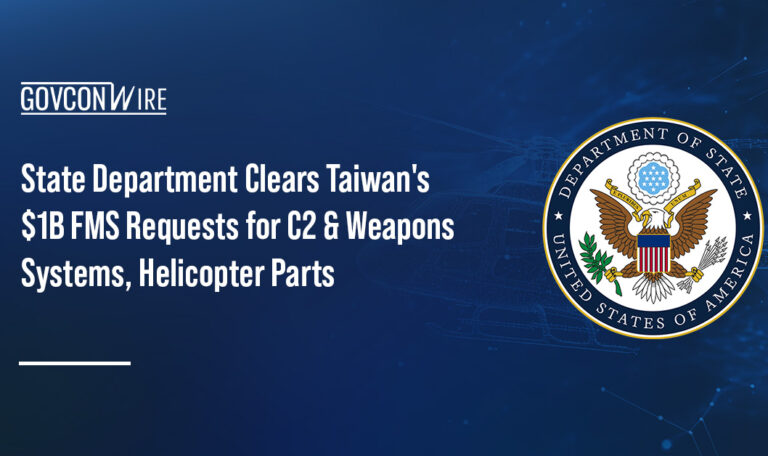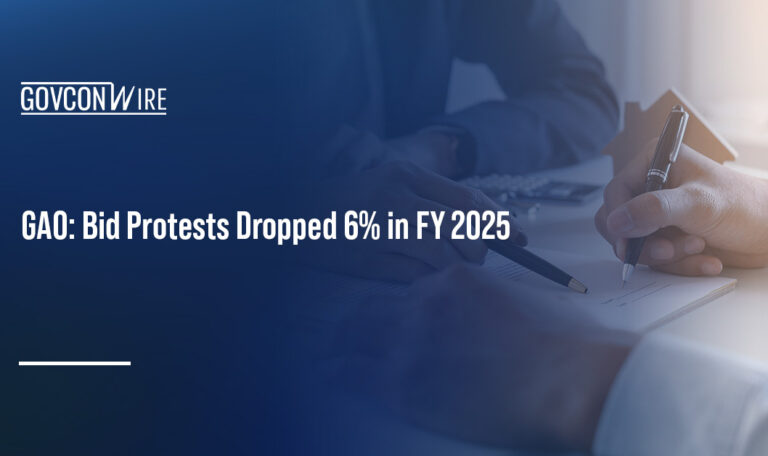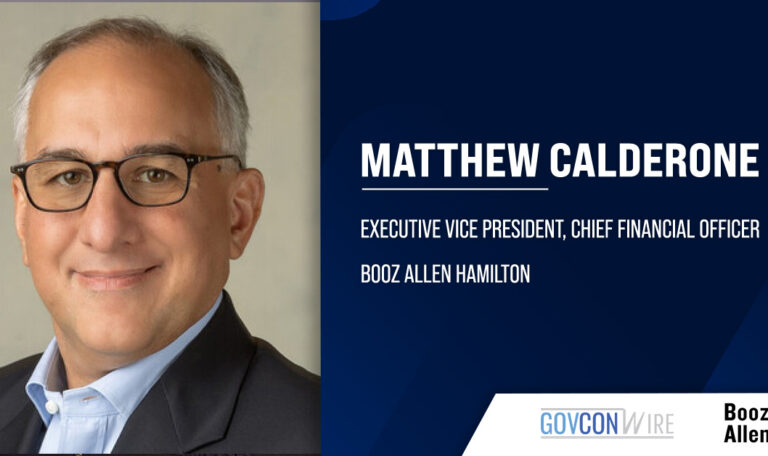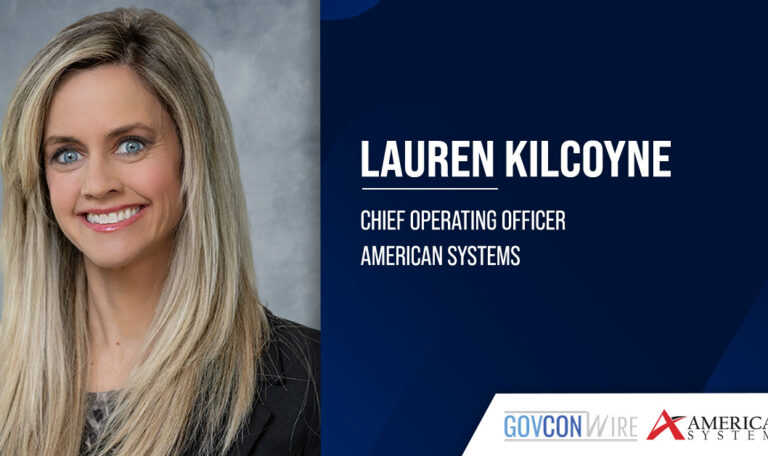Over the last couple of years, workforce shifts due in large part to the COVID-19 pandemic have hastened the transition from hardware and software-based procurement processes to cloud-stored models. Since many government workers started to work from home in (relatively) recent times, agencies began to look toward doing business through cloud-based, subscription services instead of its prior manual processes.
If you’re interested in learning more about the challenges and growth associated with transitioning procurement methods to the cloud, be sure to check out GovCon Wire’s upcoming Webinar: Elevating Procurement in the Cloud-First Era. This free event will take place virtually on Nov. 17 and you can register here.
While “the cloud” may seem looming and monolithic, there are a litany of nuances and subcategories that one should be aware of when trying to grasp the concept’s utility. As described by the General Services Administration’s Cloud Information Center, there are different types of cloud deployment models, like private, public, community and hybrid, as well as various breeds of cloud service models, such as Infrastructure-as-a-Service, Platform-as-a-Service and perhaps most ubiquitously, Software-as-a-Service.
The GSA CIC also instructs that an agency must consider a list of propositions and mission-specific criteria before it settles on a certain service. Select cloud options make more sense for certain contract types, whether it is firm-fixed-price, indefinitely-delivery/indefinite-quantity, etc. or different purchase venues, as illustrated by the disparate acquisition vehicles.
Switching to cloud infrastructure is causing the public sector to make significant financial changes in how it does business, in some cases influencing government entities to rearrange their budgets. These shifts place more of a focus on operational expenditures and less of an emphasis on investing in capital.
“In state budgeting, we were always oriented to keeping our operating budgets down. [When making the transition to cloud] we had to get over the idea of keeping operating expenditures to the bare bones and start looking at the total cash outlay over time,” Dugan Petty, senior fellow with the Center for Digital Government and the former chief information officer and chief procurement official for the state of Oregon, told Government Technology.
Proponents of migrating procurement to the cloud cite benefits such as the mitigation of expenses and redundant work through automation, as well as an enhanced potential for productive collaboration because of cloud interfaces’ allowance for interactive and simultaneous document review and input.
A member of industry, Global Healthcare Exchange General Manager of Global Alliances Pete Nelson, said that among other positive factors for moving toward cloud procurement is a push away from the siloed nature of data management.
“Using the cloud means allowing more data interoperability, as well as better and more communication between trading partners…Imagine cloud-based procurement as a place where everything is online and buyers and sellers are able to become more agile to facilitate faster transactions,” Nelson wrote.

A combination of public and private sector executives will speak on these matters in an in-depth panel discussion at the upcoming GovCon Wire webinar. Moderating the panel will be Heidi Egusquiza, manager of public sector programs at Paperless Innovations, a company that has built a P-card-focused cloud platform.
Egusquiza will lead a conversation between her Paperless Innovations colleague, Mike Tocci, who is the company’s president, in addition to Mark Fox, Amazon Web Services senior sales manager of federal business and two representatives from the Department of Homeland Security: Procurement Innovation Coach Monica Taylor and Senior Advisor at the Office of Acquisition Management Colette Volkmer.
The upcoming (free!) one-hour event, Elevating Procurement in the Cloud-First Era, is a must for anyone who wants to enrich their understanding of the recent manyfold changes in cloud and procurement as it relates to both government agencies and commercial companies aiming to earn their contracts.
Register here now to participate in the event on Nov. 17!


